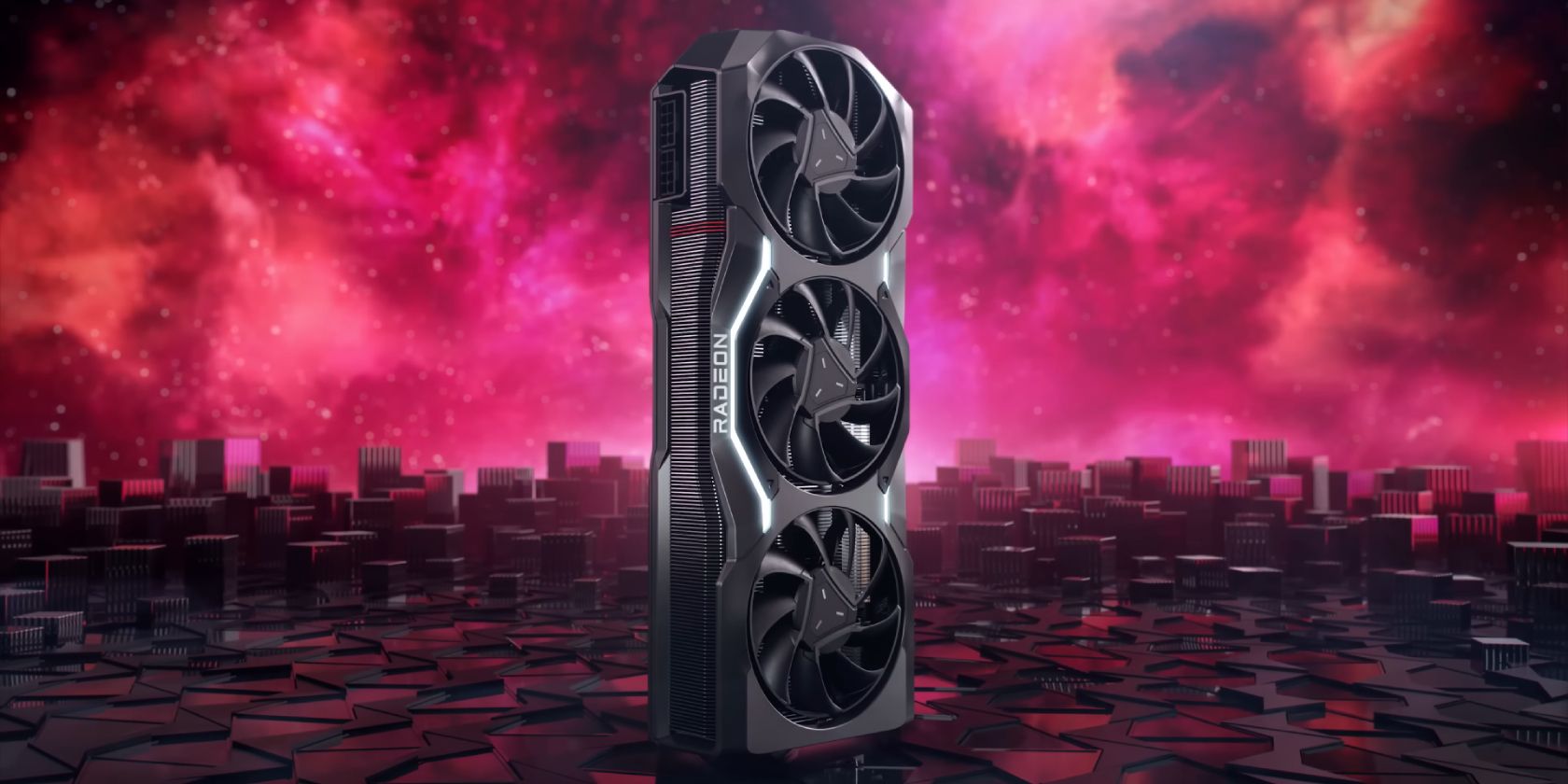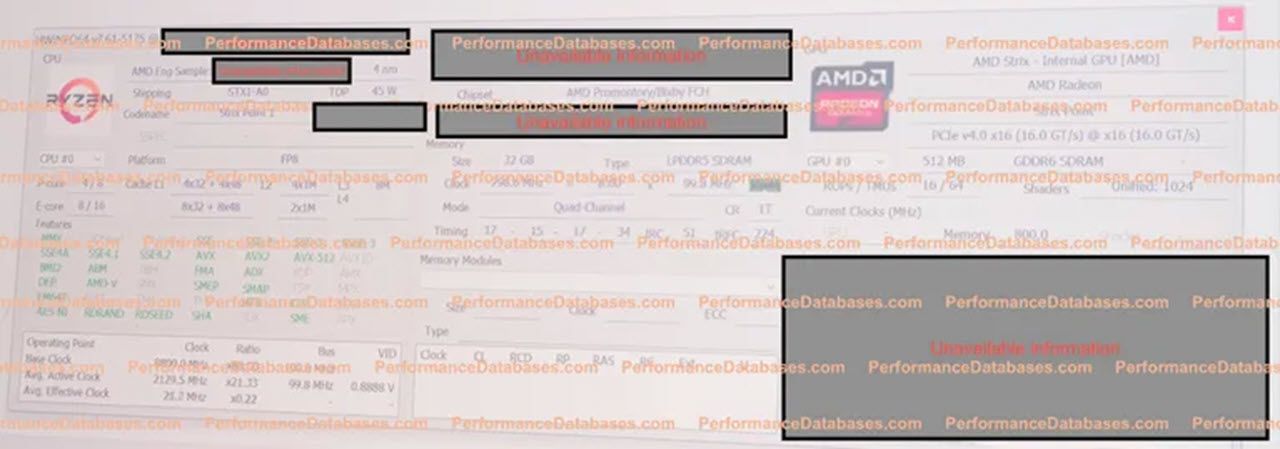
The Next Gen of Gaming Graphics - Demystifying AMD’s RDNA 3.5

The Next Gen of Gaming Graphics - Demystifying AMD’s RDNA 3.5
Disclaimer: This post includes affiliate links
If you click on a link and make a purchase, I may receive a commission at no extra cost to you.
Key Takeaways
- AMD is developing the RDNA 3.5 GPU architecture, which will be used as an integrated GPU solution for mobile APUs in handhelds and laptops.
- The RDNA 3.5 architecture is expected to launch in 2024 and may be introduced at CES in January of that year.
- RDNA 3.5 has the potential to give AMD an advantage over Intel with its integrated RDNA graphics, potentially making lower-end GPUs obsolete and helping AMD regain market share.
As the latest generation of AMD and Nvidia GPUs battle for market share in 2023, both companies are already hard at work building the next generation of GPUs for 2024. As is generally the case, these bring performance and efficiency gains mainly stemming from changes in the GPU architecture.
AMD put its best foot forward with RDNA 3 introduced in its RX 7000 GPU lineup. However, considering just how big of a leap Nvidia made with Ada Lovelace on RTX 40-Series GPUs, AMD’s upcoming RDNA 3.5 has some big shoes to fill.
What Is AMD RDNA 3.5?
While AMD has been tight-lipped about the specifics, RDNA 3.5 is its new GPU architecture that’s somewhere betweenRDNA 3, AMD’s Ada Lovelace competitor, and the upcoming RDNA 4. It’ll most likely be used as an integrated GPU (iGPU) solution for mobile APUs for handhelds and laptops.Accelerated Processing Units combine a CPU and GPU into a single chip for efficiency and to deliver other benefits.

Image Credit:AMD
These next-generation chips will be based on AMD’s upcoming Zen 5 architecture (expected in 2024), built on a 4nm process with performance and efficiency cores set up very similar to Intel’s design. We might also see updates to AMD’s software stack, most notably toFSR 3, AMD’s equivalent of DLSS 3.5 .
All the information available about RDNA 3.5 suggests that it’s AMD’s answer to modern dedicated mobile GPUs. Whether we’ll see a standalone GPU with RDNA 3.5 architecture also remains a mystery. That said, if AMD decides to refresh RDNA 3 before RDNA 4 launches, it might be based on RDNA 3.5, so the possibility of a standalone GPU isn’t completely out of the water.
When Will RDNA 3.5 Launch?
Similar to the architecture description, AMD has not revealed an official launch date for the RDNA 3.5 architecture. However, considering that RDNA 3.5 has been confirmed to be a part of the Ryzen 8000 Granite Ridge processors and the Ryzen 8000 Strix Point APUs, we expect a launch in 2024. Other than the two aforementioned product lines, it’s likely that we’ll see an RDNA 3 refresh using RDNA 3.5 architecture.
AMD often launches CPUs at CES (the Consumer Electronics Show held annually in January), so there’s a chance RNDA 3.5 will be introduced to the world in January 2024. Other than that, it’s anybody’s guess when AMD will announce the new architecture.
What Performance Improvements Will RDNA 3.5 Bring Over RDNA 3?
With the limited information available, it’s hard to tell how much of a lead RDNA 3.5 will be over previous RDNA generations, namely RDNA 3 and 2. However, we can take a look at the CPUs and APUs that RDNA 3.5 will be launching with to get an idea of how it’ll perform.
An HWiNFO screenshot posted onPerformance Databases details a Ryzen 8000 series APU with 16 RDNA 3.5 GPU cores and 12 Zen 5 CPU cores in a mixed configuration. Other features include the average processor clock speed of 2.12 GHz in addition to 32GB of LPDDR4 6400 MHz RAM and a TDP of 45W.

Image Credit:Performance Databases
It seems like RDNA 3.5 will be making its debut in AMD’s mobile APU lineup. The decision makes sense considering what it has achieved in gaming handhelds with RDNA 2 and RDNA 3 (for example, with the Steam Deck, Asus ROG Ally, and the upcoming Lenovo Legion Go). The Zen 5-powered CPU, armed with its 16 RDNA 3.5 GPU compute cores, should theoretically provide a big GPU performance boost over its predecessors.
That said, the processor is still in its engineering sample (ES) state, so it’s hard to say whether this performance will translate to real-world usage. Additionally, the screenshot also claims only 512 MB of GDDR6 video memory, which is almost certainly due to unfinished drivers for the unsupported APU or any other errors on the software side.
RDNA 3.5 Aims to Turn the Tide in AMD’s Favor
One of AMD’s biggest advantages over Intel is integrated RDNA graphics in its processors. Provided RDNA 3.5 lives up to the hype, the GPU architecture can render lower-end GPUs obsolete and will help AMD regain some of the market share it has lost to Intel.
Also read:
- [New] 2024 Approved Crafting Compelling YouTube Narratives with Chapters and Subsections
- [New] In 2024, Mastering Virtual Identity Your Metaverse Persona Creation Companion
- [Updated] 2024 Approved Evaluating the Sky's New Kid on the Block – Syma X5C Review
- Capture, Crop, and Color-Correct with This List's Top 5 Android Apps
- Ensuring Longevity: Best Practices For Switch Gaming Device
- Facebook Video Downloader Win/macOS/Mobile Power-Up
- Gratuit MP2-to-FLAC Konverteren Voorlopig Versie - Onlinelastige Toegang
- Guide: Resolving Connectivity Errors with Logitech G Hub in Windows Environment
- How to Beat the Xbox Game Pass Ultimate Price Hike (But Not for Long)
- Keep Your AI Chats Intact: Stealthy Ways to Hide, Not Delete
- Navigating Your Way Through VR Headset Selection Is the Mobile Experience More Attractive Than Tethered Tech for 2024
- Play or Pass: LinkedIn Launches Games with A Word of Caution
- Reconnecting Failed Windows and Steam Remote Play
- Restoring Steam's Inaccessible Friend List
- Seamless Integration: Launch PC Games with Steam Deck Remote Play
- Taming Xbox Audio Alerts: A Step-by-Step Guide
- Top 20 Instant Online Games for Downtime Fun
- Title: The Next Gen of Gaming Graphics - Demystifying AMD’s RDNA 3.5
- Author: William
- Created at : 2024-10-23 01:47:48
- Updated at : 2024-10-24 22:24:41
- Link: https://games-able.techidaily.com/the-next-gen-of-gaming-graphics-demystifying-amds-rdna-35/
- License: This work is licensed under CC BY-NC-SA 4.0.